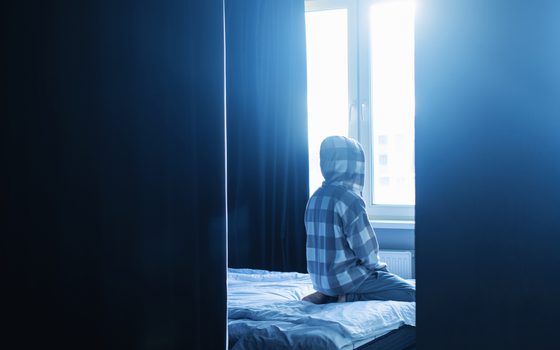No place like home
The minimum wage doesn’t apply to live-in nannies and au pairs, which allows employers to abuse and exploit these workers
28 October 2021
This week, the Low Pay Commission (LPC) recommended that the government remove the current exemption which means that live-in childcare workers don’t have to be paid the minimum wage. This is a massive victory for workers who have been campaigning against this law that enables abuse and exploitation. Over the summer, members of the Nanny Solidarity Network (NSN), a worker-led grassroots group, submitted evidence to the Low Pay Commission on their experience of the exemption alongside Voice of Domestic Workers and Kalayaan.
The ‘family worker exemption’ in Section 3 of the National Minimum Wage Act applies to workers who live with their employer and are “treated as a member of the family”. Instead of a minimum wage, these workers get ‘pocket money’ – usually about £70 to £85 a week. They have no health and safety protections, no limits on their working hours and no legal right to holidays or any time off.
Historically, au pairing is viewed as a ‘cultural exchange’, a fun way for young European women to travel and learn English. Testimonies from members of NSN reveal a different reality: an invisible, exploited group of migrant women, often unable to report abuses for fear of deportation and entirely dependent on their employer because they are unable to access the state safety net.
Instead of ‘light housework and childcare duties’ alongside their studies, workers describe long days of arduous housekeeping duties which leave little or no time for studying:
“In our call before, she told me I’d be ‘helping out a bit with the kids.’ On the first Monday I was told to clean all 11 rooms in the house. I used to work around 12 hours per day.”
“The mum wouldn’t allow me to go to my English language course on Thursdays because she had therapy. The dad was home all day but every Thursday she made me miss my class.”
“When I asked to have a rota for my schedule she said she couldn’t give it to me because she was a freelancer and her work was flexible. I lived so far away from London that I couldn’t afford the train tickets to attend my course.”
In addition to ‘pocket money’, au pairs are expected to receive free accommodation and meals. When it comes to food, many workers were not welcome to share meals with their host family and often went hungry as a result. In terms of sleeping accommodation, many were given a mattress on the floor or expected to share a room with the kids:
“I remember having to keep snacks like crisps in my room because I didn’t feel welcome to stay for dinner. I often went to bed quite hungry.”
“The parents wanted to have ‘alone time’ in the evening which meant I wasn’t allowed into the kitchen so I couldn’t make myself dinner when my shift finished.”
“At Christmas I wasn’t invited for the Christmas meal and it was like ‘well, I’m in your house and I’m Protestant so this is quite important for me’ … I felt very upset.”
It would be difficult to prove that any of these workers had not been ‘treated as a member of the family.’ A Court of Appeal case in 2012 clarified that “the notion of being included as a member of the family does not require parity of treatment with family”. Besides, the test of whether a worker is ‘treated like a member of family’ is meaningless because there has never been ‘parity of treatment’ within families. The home is still a site of abuse (a third of women have experienced domestic violence) and exploitation (as women are still disproportionately responsible for the unpaid labour of housework and childcare).
The government should remove the laws that have been designed to uphold these systems of gendered and racialised exploitation by excluding specific workers from national labour standards such as the minimum wage. In addition to scrapping the exemption as recommended by the LPC, the ‘illegal working’ offence should also be repealed. This law criminalises employment for migrants without leave to remain in the UK, or whose visas do not allow them to work. This means that migrants are unable to report abuse or exploitation and unable to access the same basic rights and protections as their fellow workers (including the minimum wage).
The secretary of state for business, energy and industrial strategy argues that the exemption is necessary to support parents who wish to return to work and cannot afford alternative childcare. Instead of properly funding public services, our economic system relies on the exploitation and dispossession of women of colour and migrant women to plug gaps in our care infrastructure. Pitting parents and childcare workers against each other is a cynical attempt to erase the government failures that have led to the current crisis of childcare. Grassroots groups and unions representing paid and unpaid carers must work together to tackle the same systems that devalue care.
Image: Pexels
Topics Health & social care Work & pay






